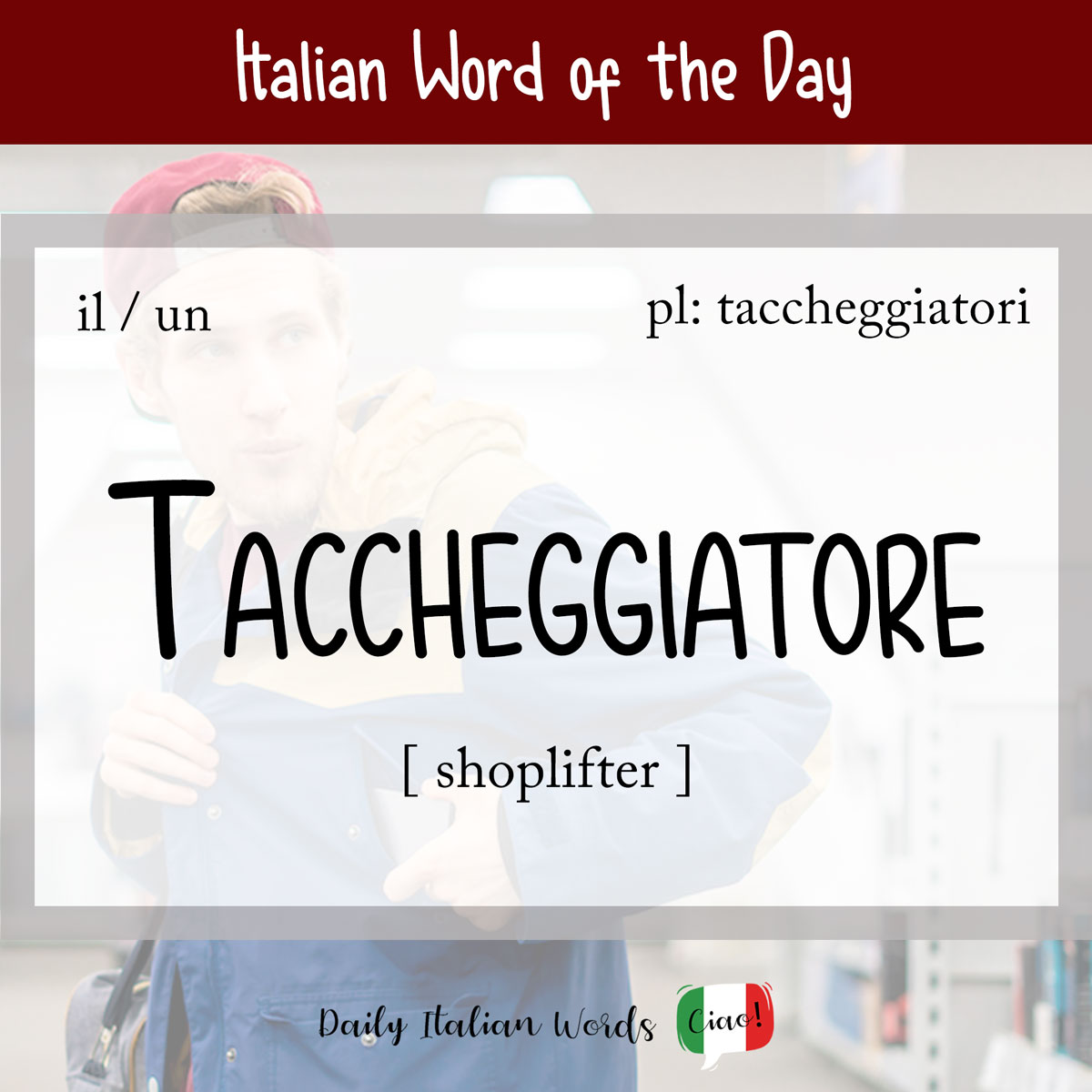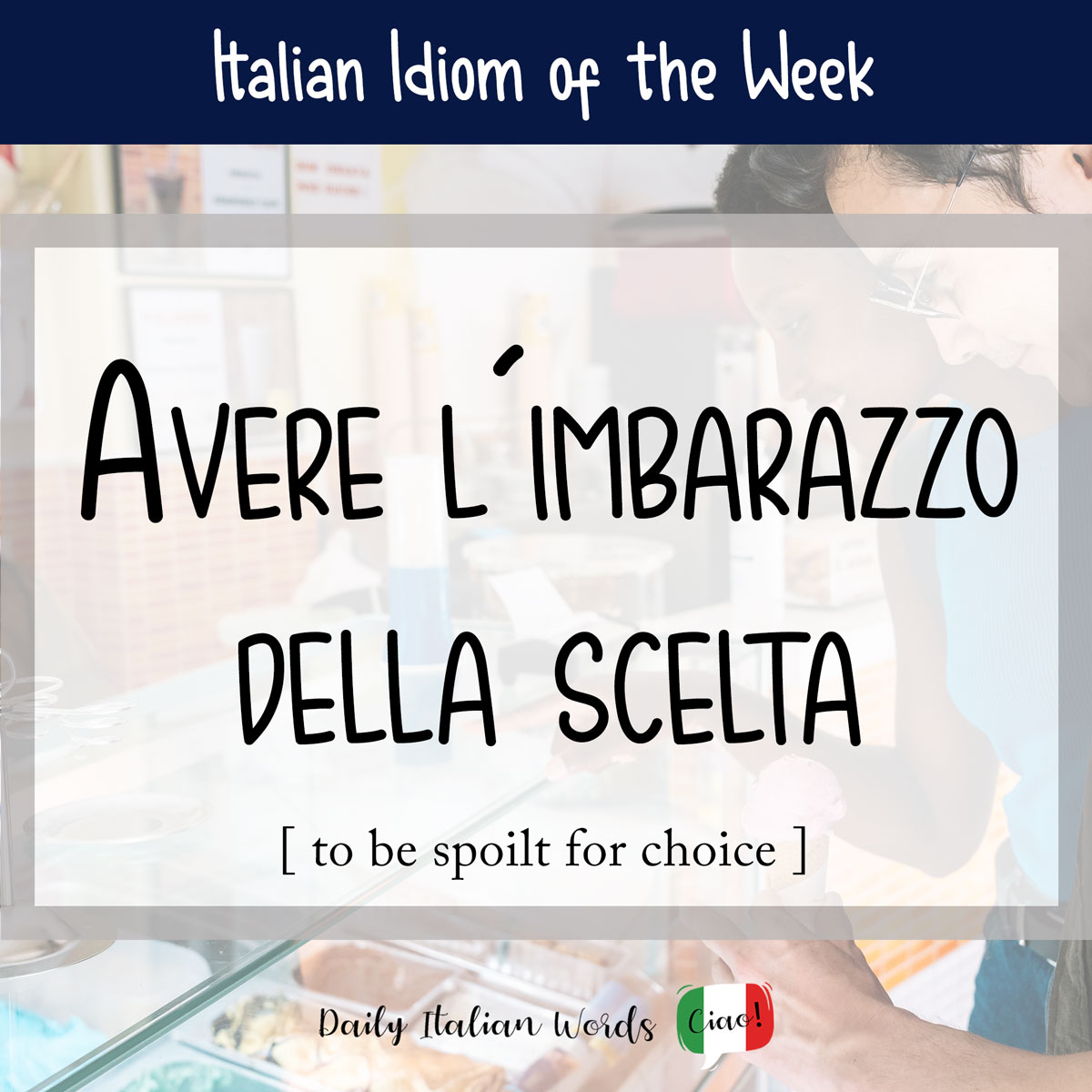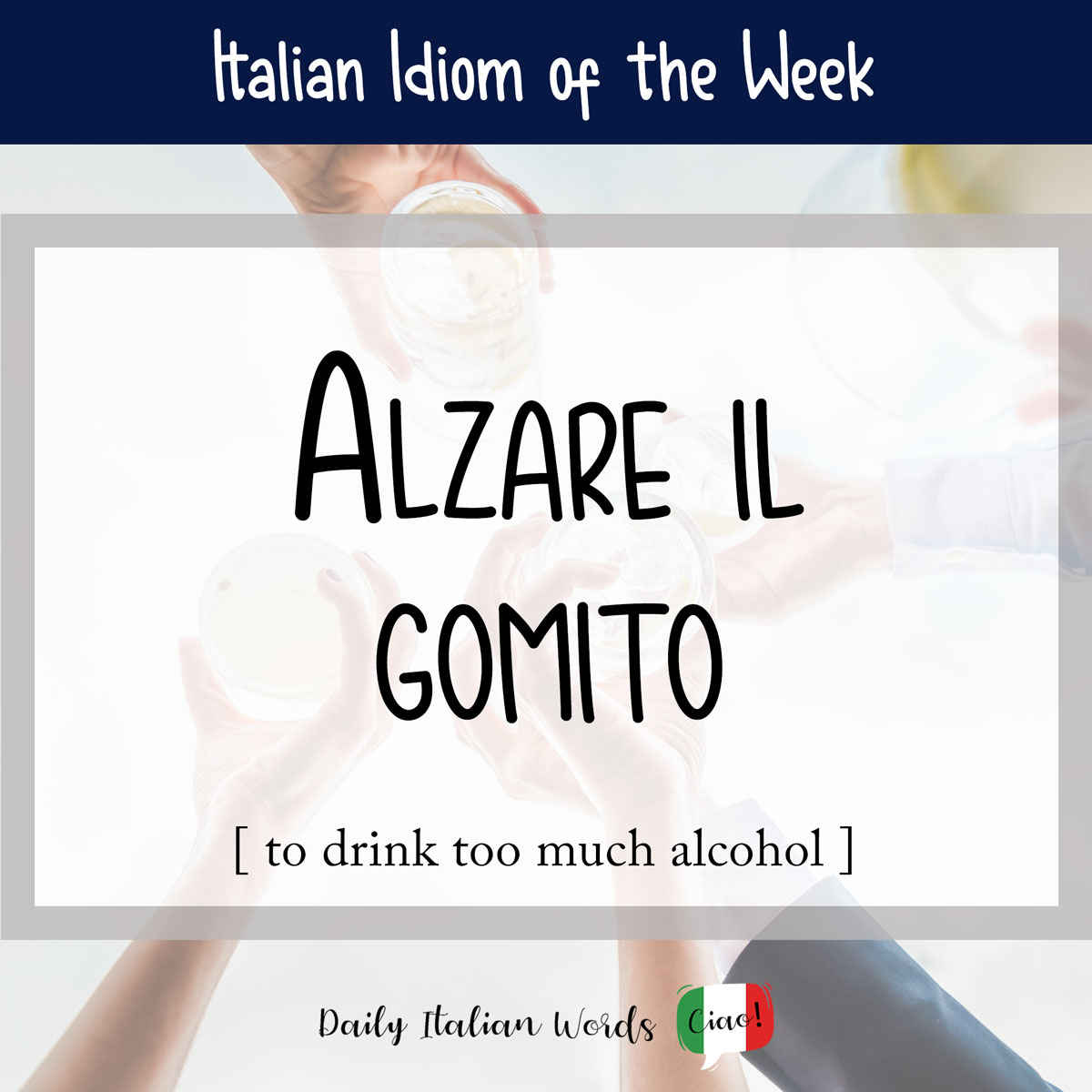Italian Word of the Day: Taccheggiatore (shoplifter)
The other day, my son and I were in the living room, playing shop with his stuffed animals. At one point, he pretended that one of the toys walked out of his supermarket without paying for an apple, and in that moment, I realised I didn’t have a clue how to translate the word shoplifter …






